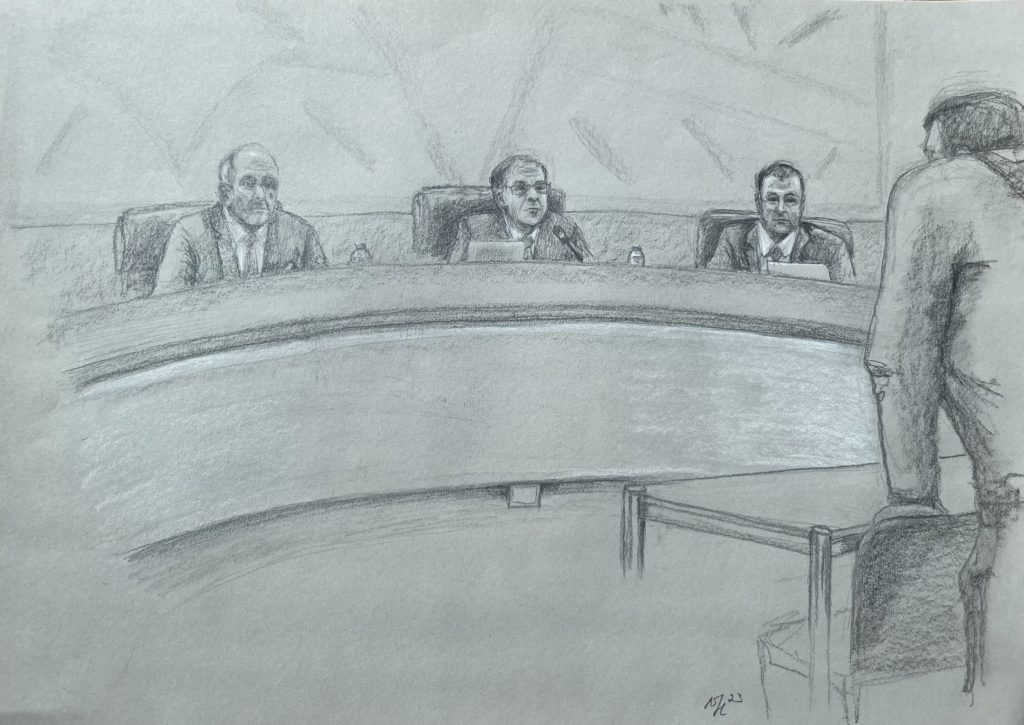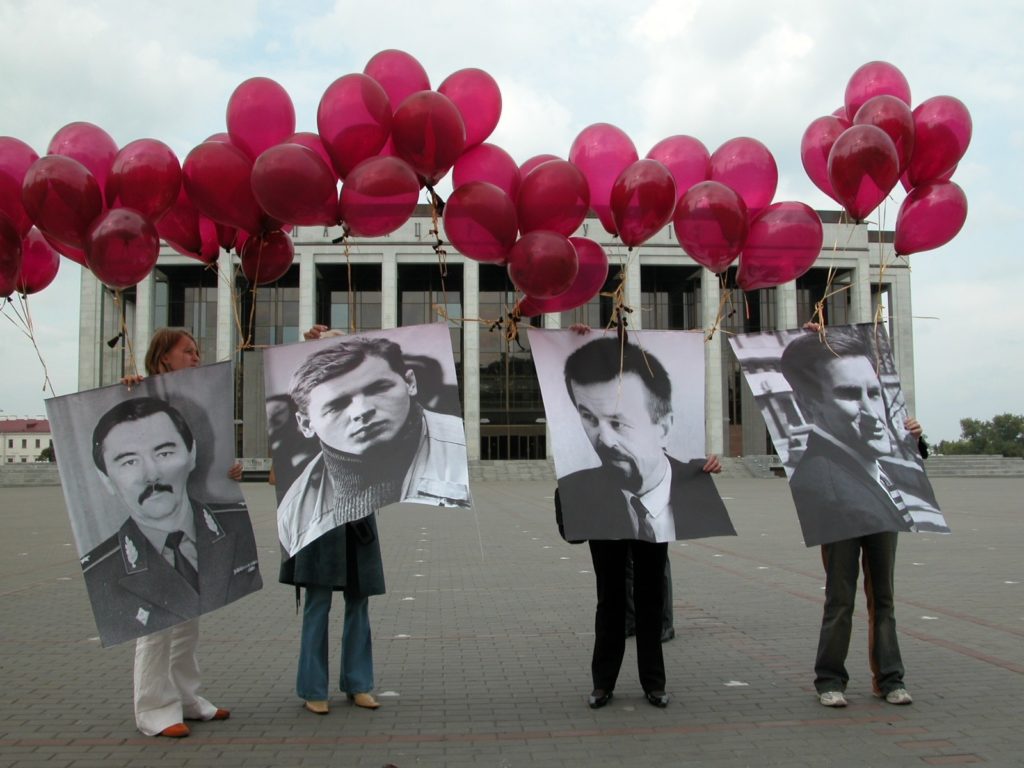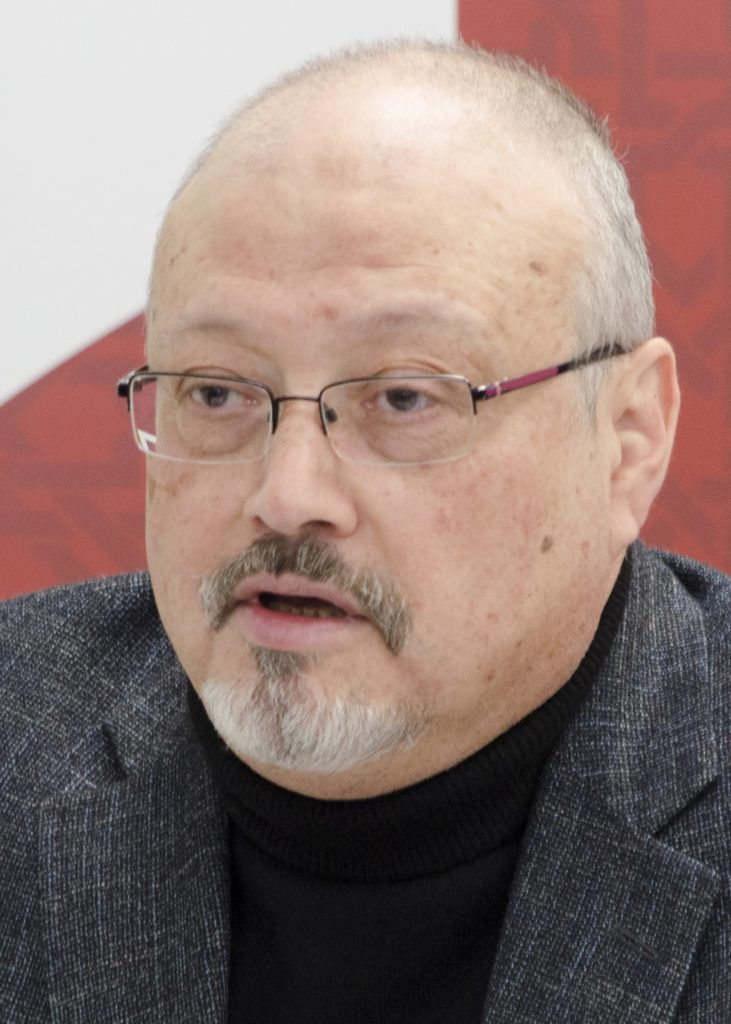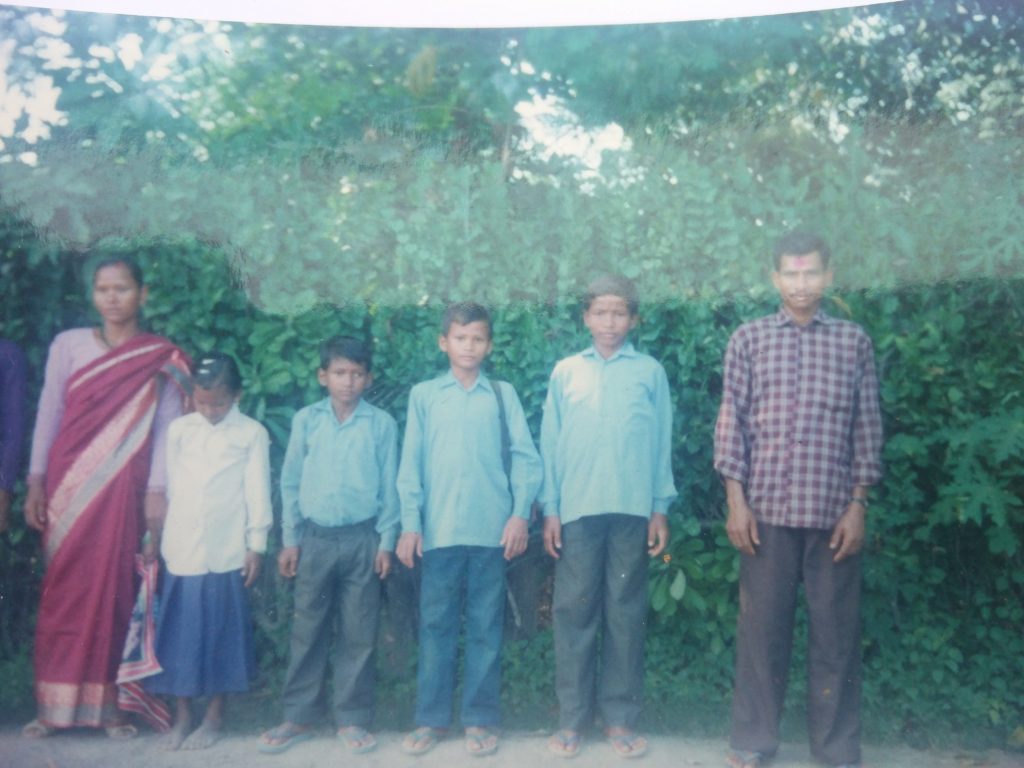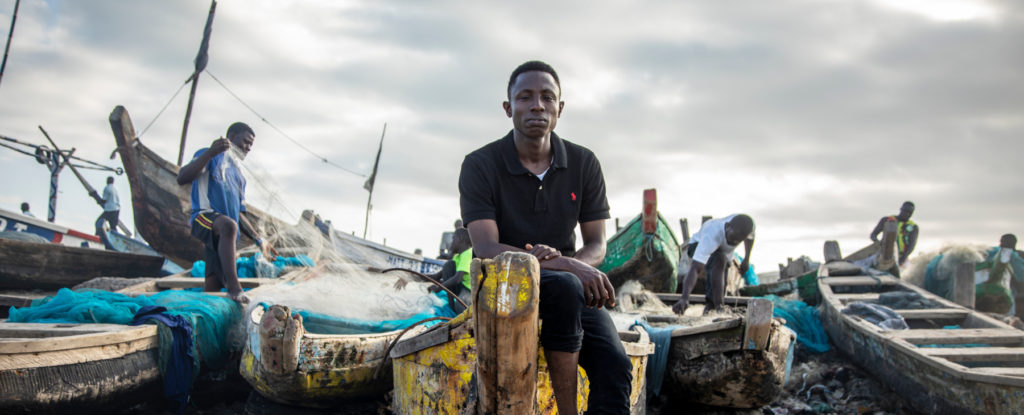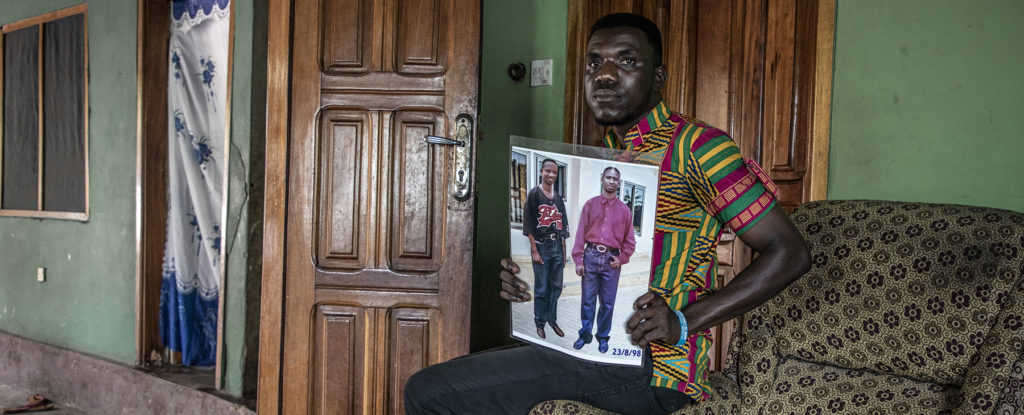A transversal project to fight against enforced disappearances
August 30th marks the International Day of the Victims of Enforced Disappearances. An occasion to learn more about this international crime and to salute the courage of the victims who are fighting for justice and truth. Daniela Buchmann, Project Manager at TRIAL International, talks about enforced disappearances and presents some of the NGO’s work in this area.
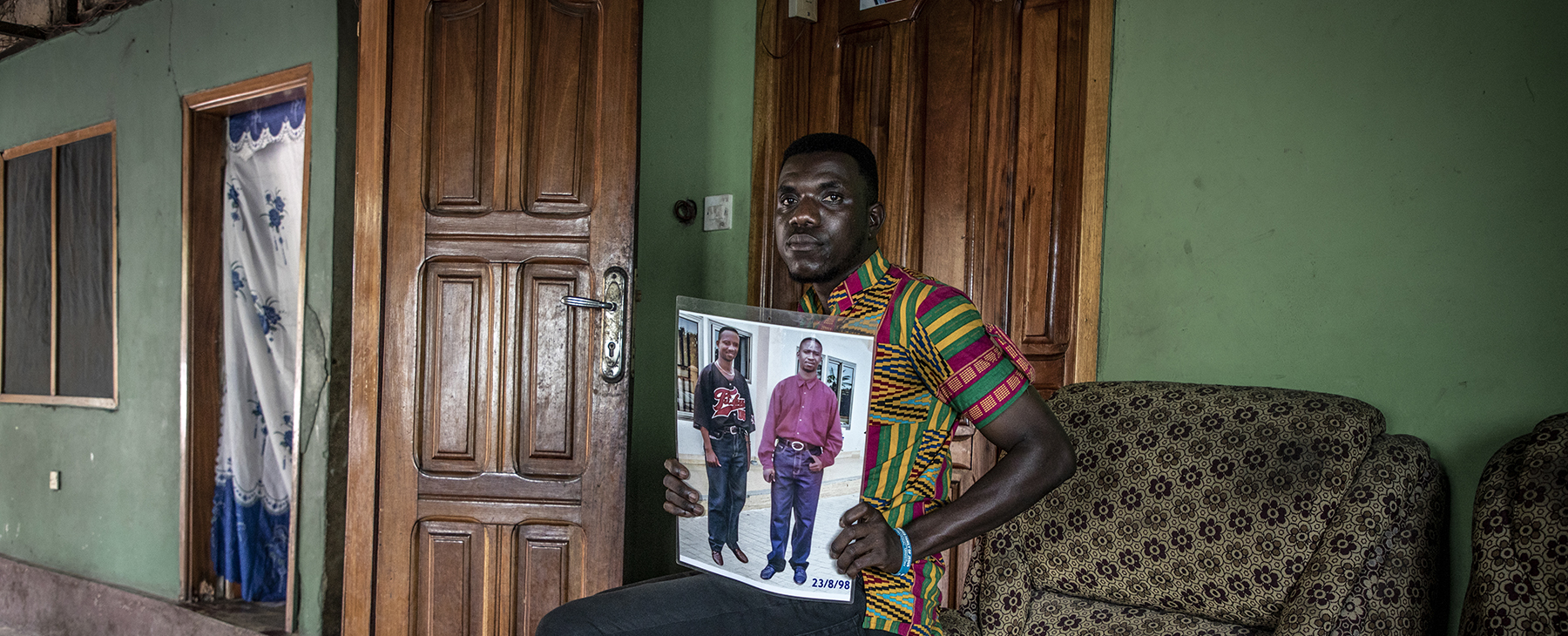
TRIAL International works to ensure that victims of enforced disappearances obtain access to justice. In a nutshell, what are enforced disappearances?
Daniela Buchmann: As the name suggests, enforced disappearance is the act of making someone disappear against his or her will. The International Convention for the Protection of All Persons from Enforced Disappearance defines three elements that identify such a crime:
- The act: deprivation of liberty of a person (through the arrest, detention, abduction or other);
- The perpetrator: an agent of the State or a person / group acting with the support of the State;
- The concealment of the fate or whereabouts of the disappeared person.
According to this same Convention, the relatives of the disappeared are also considered as victims. Why?
Exactly. Any individual who has suffered harm as the direct result of an enforced disappearance is considered a victim.
First, because the uncertainty as to the fate of a loved one deeply affect relatives. They alternate between the hope to find the disappeared person alive and surrender, without certainty of what happened to them and why. This long-lasting incertitude must be seen as psychological torture.
Second, relatives face legal and social barriers in their everyday live as a direct consequence of the disappearance. In fact, the absence of a father or mother who would ensure loving support, shelter, food and education has a major impact on the everyday life of victims. Moreover, losing a wife or husband who would not only guarantee a legal and social status, but also an income, the sharing of household responsibilities and property rights causes irreparable and lasting damage to victims.
TRIAL International is coordinating a transversal project on this topic. Can you tell us more?
Since 2019, TRIAL International has been coordinating the implementation of a project called “Increasing accountability and preventing enforced disappearances and extrajudicial killings in Mexico, Nepal, the Gambia and beyond” by a consortium of 5 NGOs.
Thanks to the support of the European Union, we work together to bring cases of enforced disappearance before judicial authorities, to build capacities of national actors, and to share good practices in the fight against enforced disappearances and extrajudicial killings.
As part of our mission, we document cases, for instance of crimes committed during the civil war in Nepal or during the Jammeh dictatorship in The Gambia, which lasted 22 years. In Mexico, we focus on the enforced disappearance of migrants from all over Central America. This further links Mexico to The Gambia, where we push to shed light on the enforced disappearance of over 50 West African migrants. In this last case, the ex-president Jammeh seems to be directly implicated.
What are the challenges of this project and its most recent successes?
Through this project, TRIAL International brings together actors that evolve in three very particular contexts. Even though all of them seek to obtain justice for the families and loved ones of the disappeared, it is not easy to find opportunities for direct collaboration between all of them. Given the specificities of the contexts in which they take place, how can we find an angle that is relevant to all? It is, however, above all stimulating and fascinating to see that by joining forces and expertise, we have been able to achieve many successes.
A striking example is the recent decision of the Gambian Supreme Court. In a landmark ruling, it rejected the immunity of a former Junta Member, Yankouba Tourray, accused of the murder of former Finance Minister. This victory paves the way for the possible prosecution of former President Jammeh and other persons implicated in the human rights violations that took place in The Gambia during Jammeh’s reign.
By contributing to the adoption of international standards, as well as sharing and disseminating best practices, we are contributing to the fight against impunity for enforced disappearances today, and preventing the crimes of tomorrow.
* TRIAL International’s partners in this project are the Human Rights and Justice Center (HRJC) in Nepal, the Institute for Human Rights and Development in Africa (IHRDA) in The Gambia, the Fundación para la Justicia y el Estado Democrático de Derecho (FJEDD) in Mexico and Swisspeace. The project is financially supported by the European Union.
This article was produced with the financial support of the European Union. Its contents are the sole responsibility of the authors and do not necessarily reflect the views of the European Union.




